I don't know about you, but I've had some pretty wacky dreams throughout the years.
Some have involved talking animals, flying. and even trying to catch a plane while being chased by tigers through grade school auditorium. And those are only the ones I can remember!
It can be mentally exhausting to wake up from a really vivid dream, only to have it fly out of your head almost immediately, leaving you with only little phantom traces of the night before.
Fortunately, there are steps that you can take in order to remember more of your dreams.
Since dreams are directly linked to our subconscious, everything we eat, the things we worry about, and even our sleep positions can be a factor in what we dream.
Fortunately, we can use this to our advantage and learn to wake up raring to write down last night's wackiness—so you'll have plenty more crazy stories to tell to friends!
Check below to learn how to recall your dreams more frequently.
#1: Get A Good Night’s Sleep
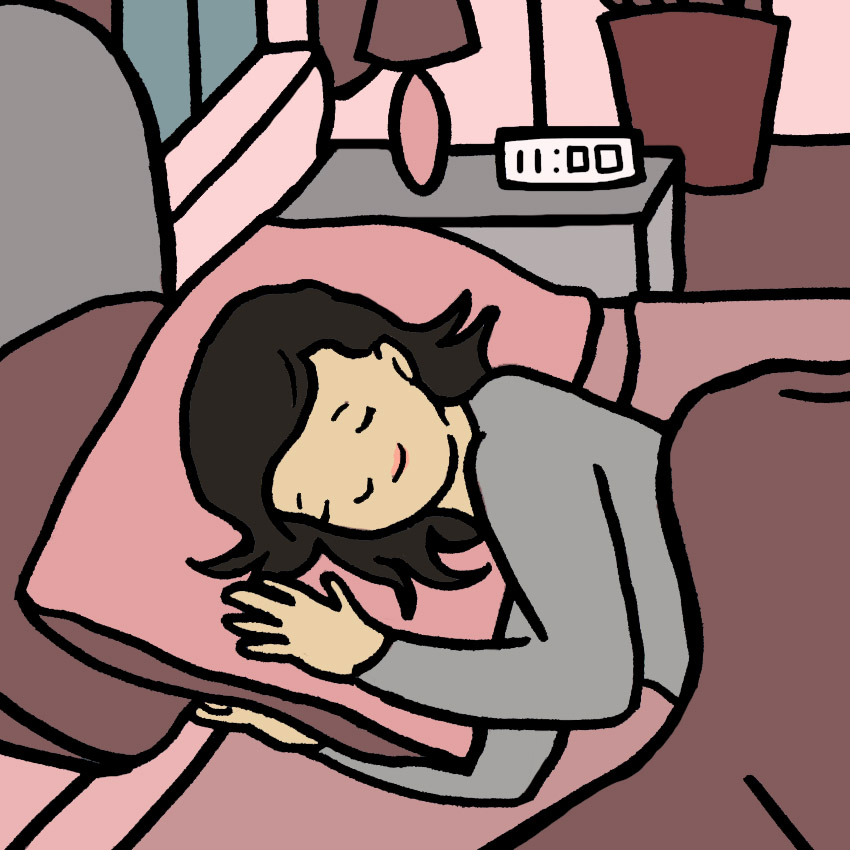
Dreams occur when our bodies are in REM (Rapid Eye Movement) sleep.
So getting a deeper amount of sleep for longer will likely create more prolonged, vivid dreams, which should hopefully be more memorable!
#2: Keep A Pen And Paper Nearby

Sometimes, dreams stay in your head for mere moments after your wake up before they fly out of your recollection for good.
Rather than trying to keep the memory in your head, grab some writing materials and get it all down.
Keeping a journal open to a blank page and an easily accessible pencil right near your bed will allow you to wast no time writing your wacky dreams down as soon as you wake up.
#3: Set A Non-Radio Alarm Clock Near Your Bed
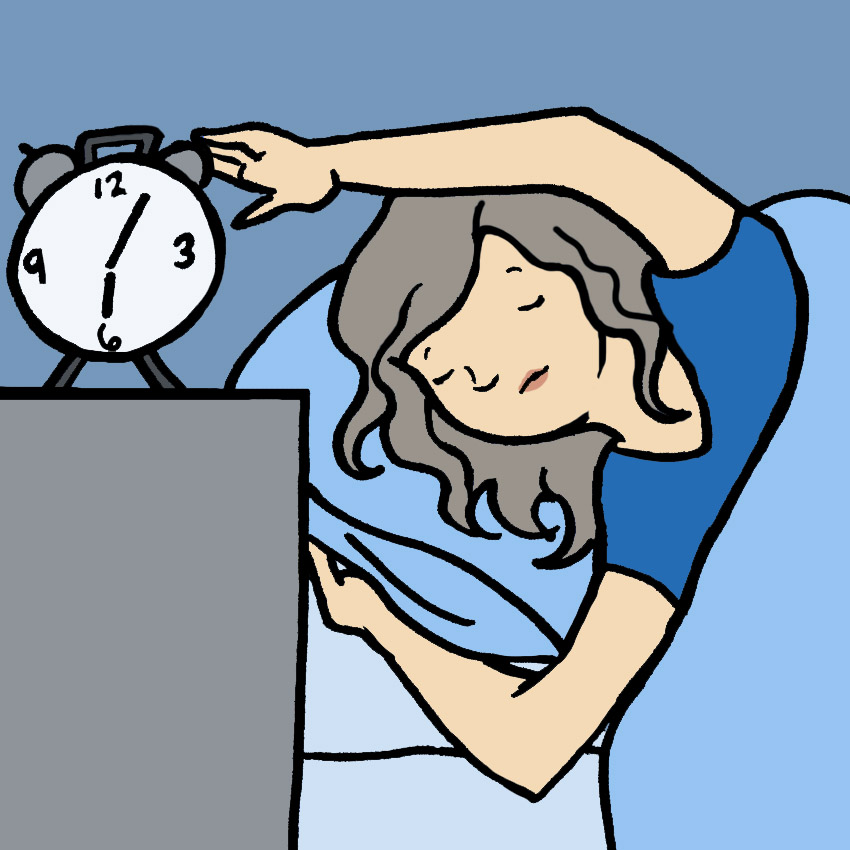
Getting up to turn off your alarm will create more time in between when you wake up and when you can write your dreams down.
Having your alarm clock near your bed will allow for a seamless silencing, then you can get right to writing—and non-radio alarms will distract your thoughts less!
#4: Meditate Before Bed

Relaxing your mind before bed, rather than watching TV or scrolling through your phone, will prime your mind for slipping into REM sleep later on.
It can also help clear worries out of your mind, so you can wake up immediately remembering your dreams rather than snapping right back into worry mode.
#5: Try Reading Right Before Bed

Reading is another pleasant pass time to partake in before bed, that won't overstimulate you like television will.
It can also inspire image that your subconscious will show in dream form later.
#6: Think About A Problem You Would Like To Solve
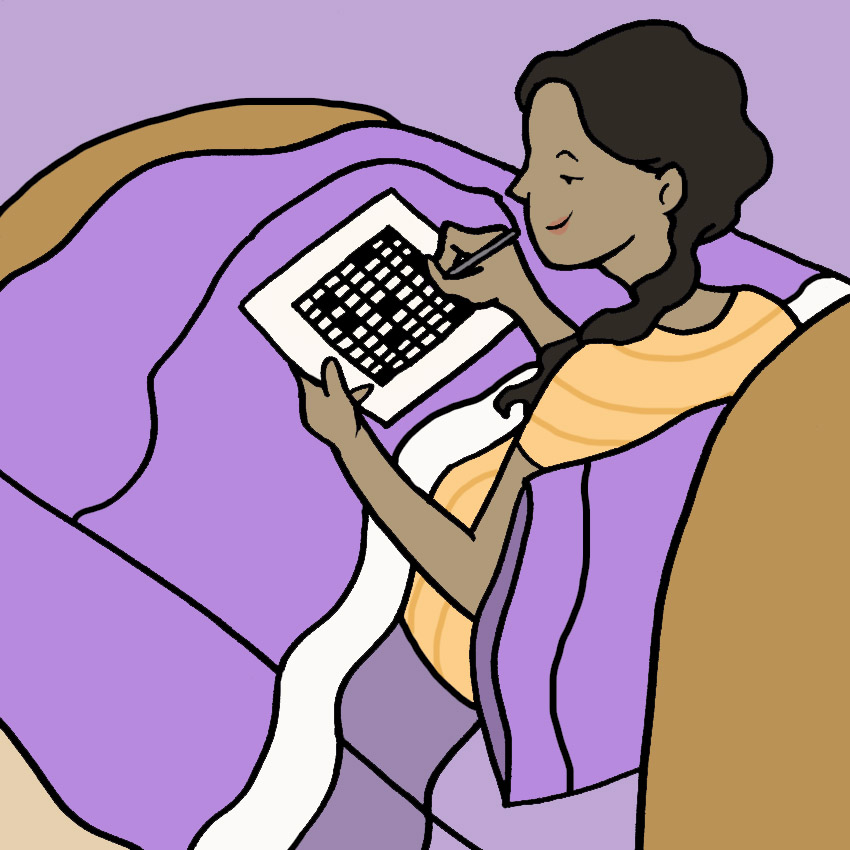
Thinking about a problem or a dilemma before increase chances that you will dream about them later on.
Sometimes your subconscious manifests what you are preoccupied on into your dreams, meaning you are likely to know what you will dream about.
#7: Carry A Diary With You Throughout The Day

Thought your dreams tend to slip away as soon as you open your eyes, sometimes a feeling, a thought, or an experience can trigger you to remember what you dreamt.
When this happens, it's useful to have your journal near you at the ready, so you can start writing as soon as your memory is jogged.
#8: Go Back To Sleep In The Same Position
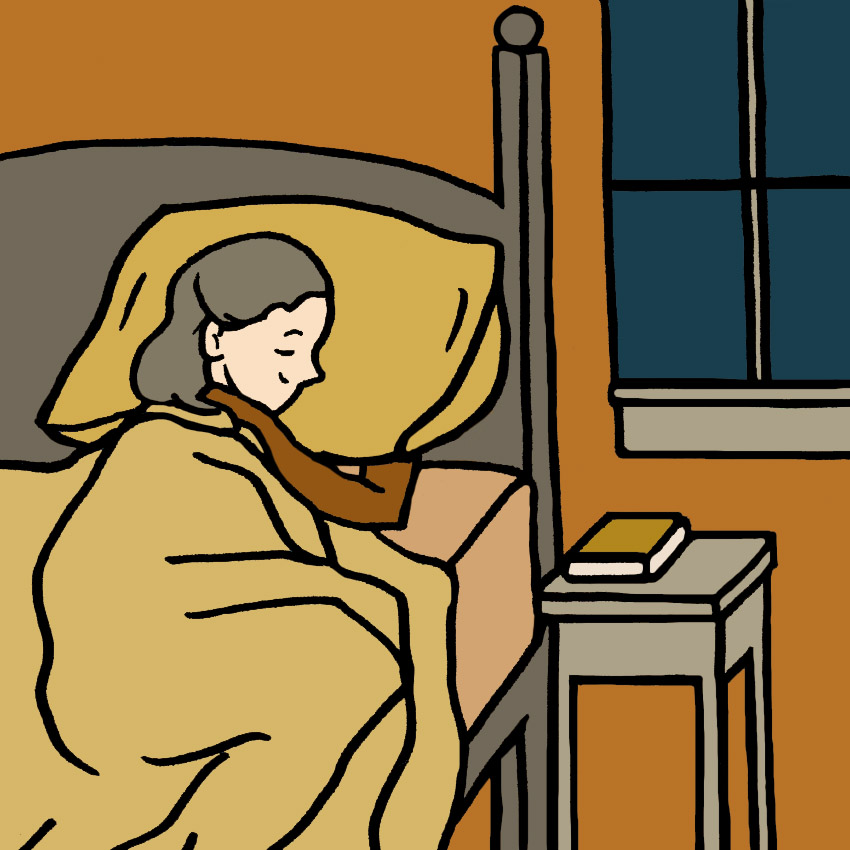
Do you ever have those moments when you make up from having a particularly interesting dream?
Those are definitely the worst—fortunately, your dreams may resume if you assume the exact same sleeping position you were in before.
#9: Notice What You Do Throughout The Day

Does what you eat affect how you will dream that night?
Do your thoughts, actions, of sleep schedule determine what your dreams will be like?
Keeping track of these patterns in a journal can help you predict when and how you will dream depending what you are doing in your waking life.
#10: Suggest To Yourself That You Remember Your Dreams
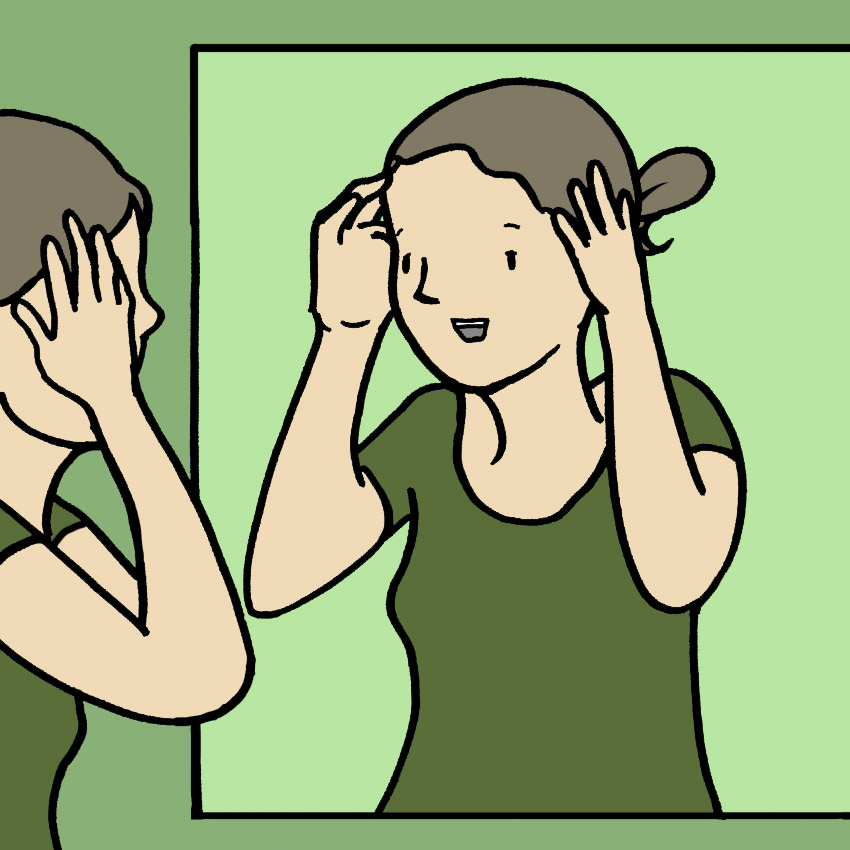
Sometimes, simply suggesting to yourself that you will remember your dreams triggers your mind to try a little harder when you wake up.
This sense of purpose can also lead to lucid dreaming, which means that you are conscious of when you are dreaming or not.
#11: Try Waking Up Naturally
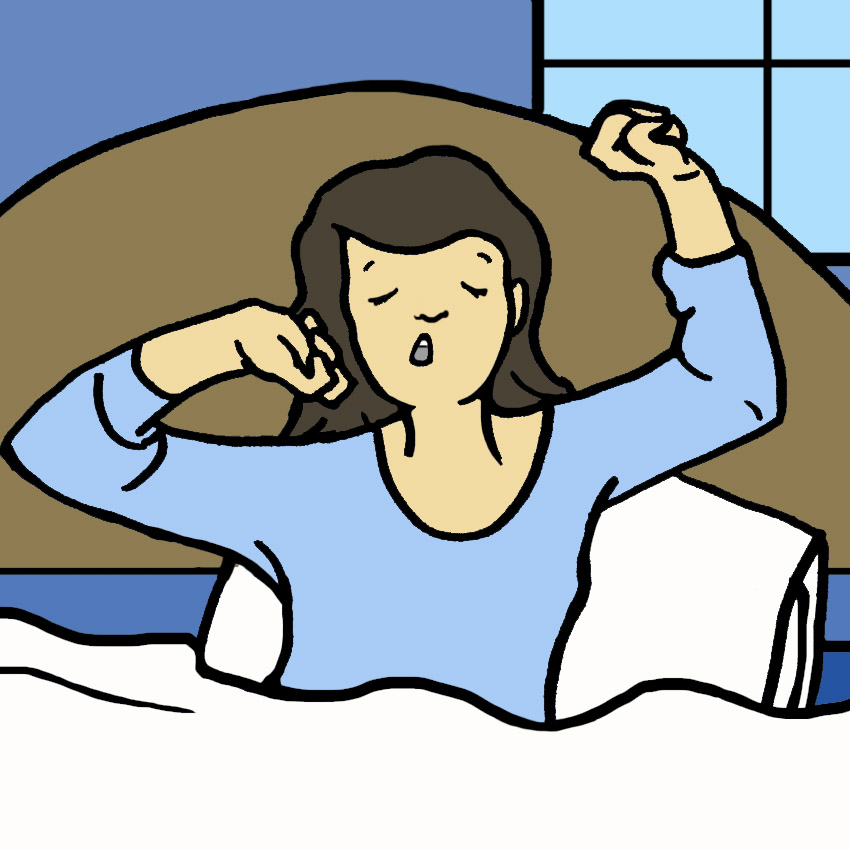
Waking up naturally gives you a more seamless transition between your conscious and unconscious thoughts.
This means there are no alarms or noises that are ripping you mind away from what you were dreaming.
#12: Avoid Alcohol Or Caffeine Before Bed

These sorts of stimulants affect your sleep cycle and through of the consistency of your dreaming and waking period.
It's also hard to recall dreams with a splitting headache the next morning!
If you want to better connect with your dreaming life, taking conscious steps and forming patterns will definitely put you on the right track!
If you love telling friends and family about wacky dreams you've had, make sure to SHARE with friends and family on Facebook!




